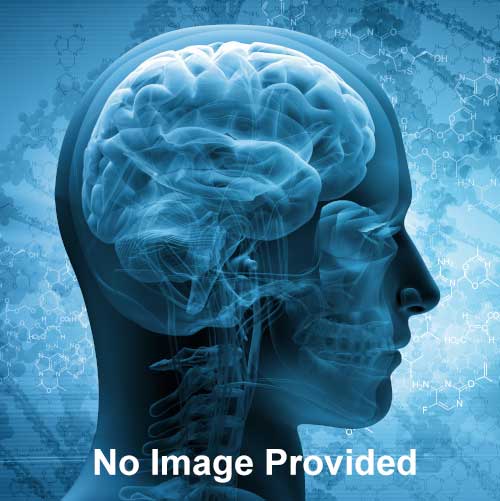
AI can predict psychosis risk in everyday language
June 17, 2019
People's language could reveal clues about their future risk of developing psychosis. Scientists concluded this after studying the subtle features of people's everyday speech.Researchers at Emory University in Atlanta, GA, and Harvard Univ...
Read More


